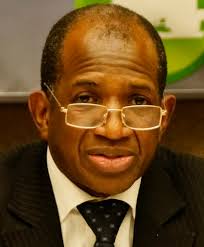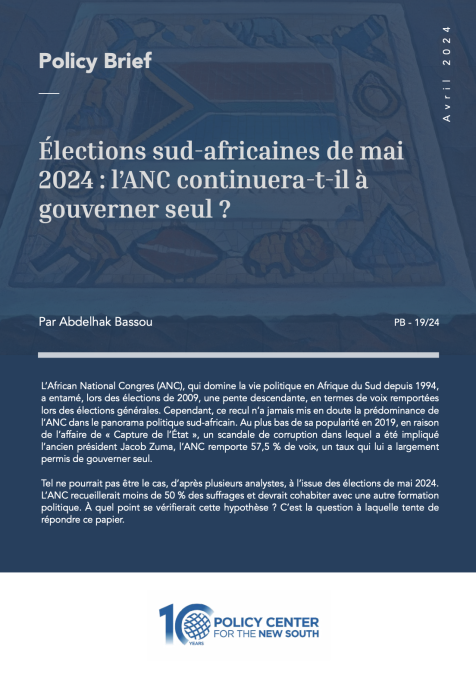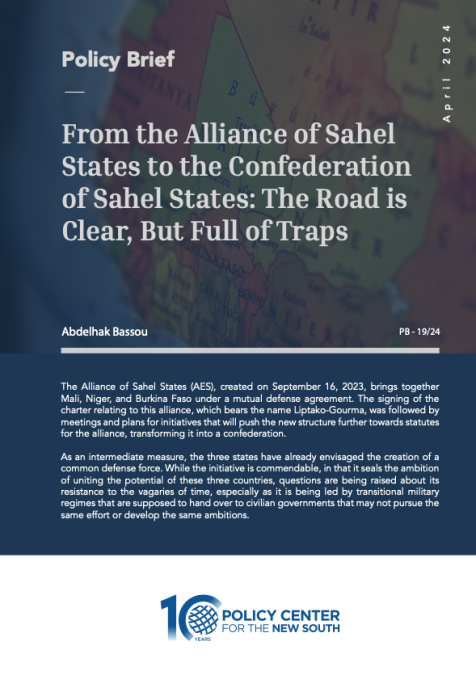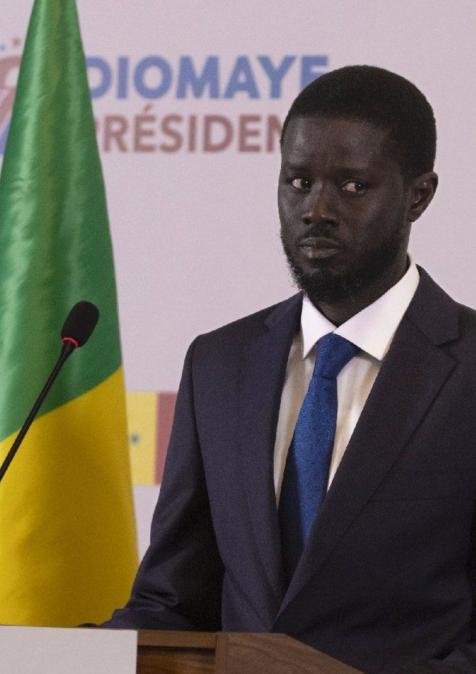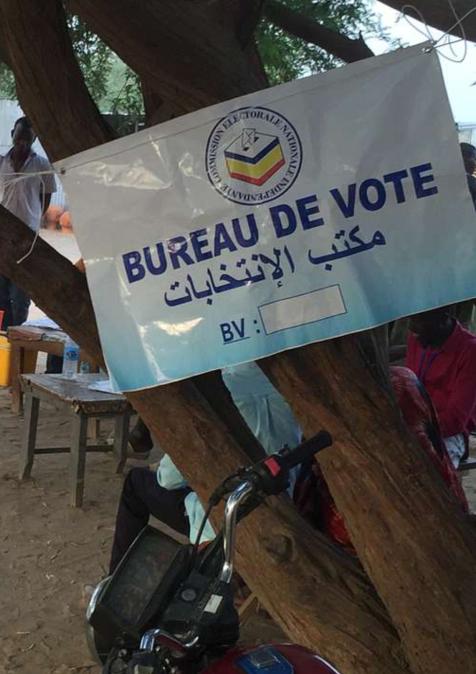Selon l'Organisation mondiale de la santé (OMS), environ 42% des médicaments vendus en Afrique sont falsifiés. Ces produits, souvent sous-dosés, mal étiquetés, voire totalement inefficaces, peuvent entraîner des échecs thérapeutiques, des résistances aux traitements, voire des décès, notamment dans la lutte contre des maladies telles que la malaria, la tuberculose et le VIH. Plusieurs facteurs contribuent à la propagation de ces médicaments falsifiés : les faiblesses des systèmes de santé incitent les patients à se tourner vers des sources non officielles, le manque de régulation et de surveillance due à des ressources et une expertise limitées, ainsi que la corruption au sein des systèmes de santé facilitent l'introduction et la distribution de ces produits contrefaits. Les répercussions économiques et sociales sont profondes : les patients dépensent leurs maigres ressources pour des médicaments inefficaces, tandis que les systèmes de santé doivent gérer les complications résultantes, sapant ainsi la confiance dans les autorités publiques.
Pour approfondir ce fléau, nous avons l'honneur d’inviter M. Kabiné Komara, ancien Premier ministre de Guinée et expert en développement économique et politiques de santé publique. Il partage avec nous ses perspectives sur les défis posés par le trafic de médicaments falsifiés en Afrique et les solutions envisageables pour y faire face dans les années à venir.

